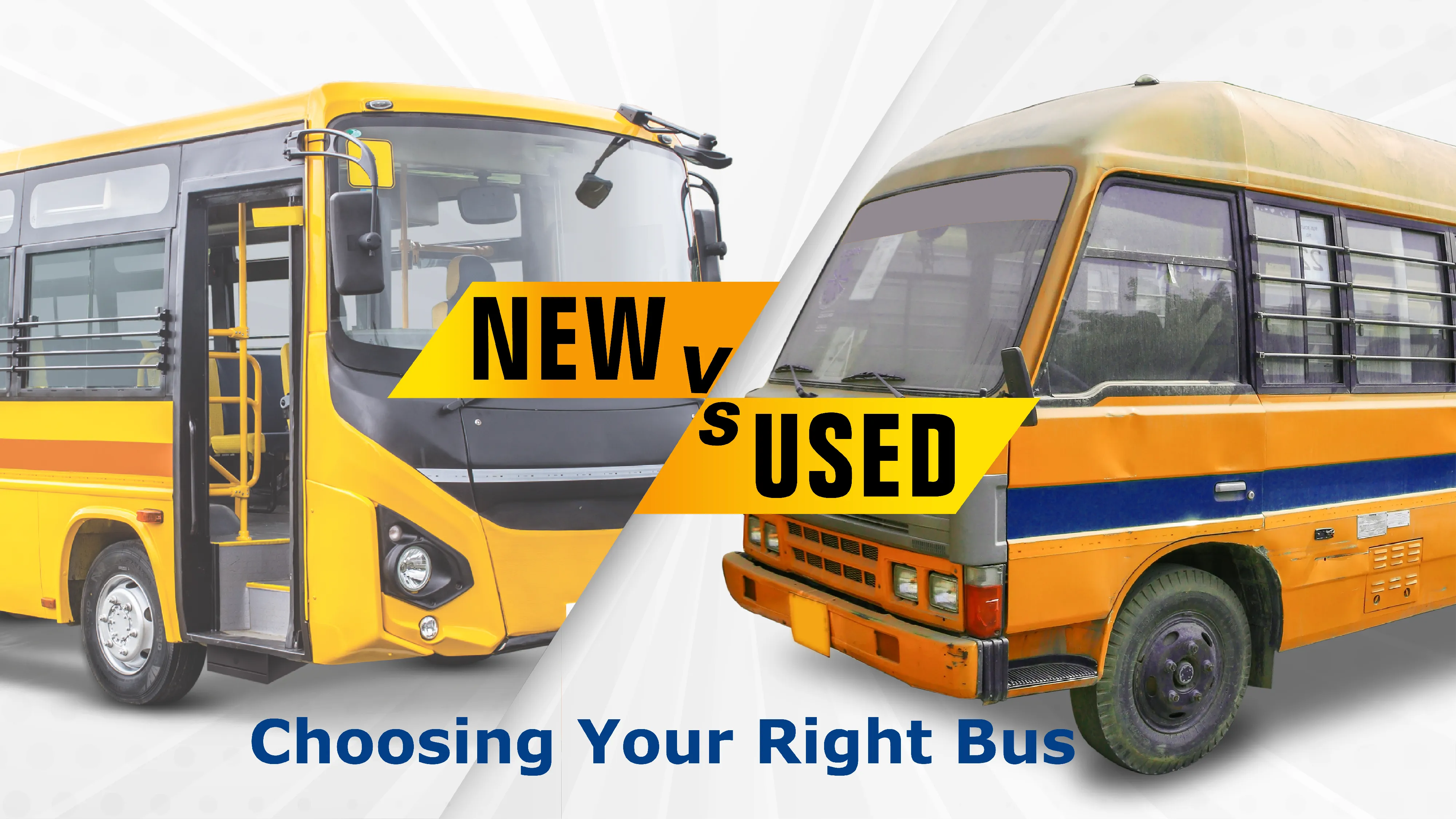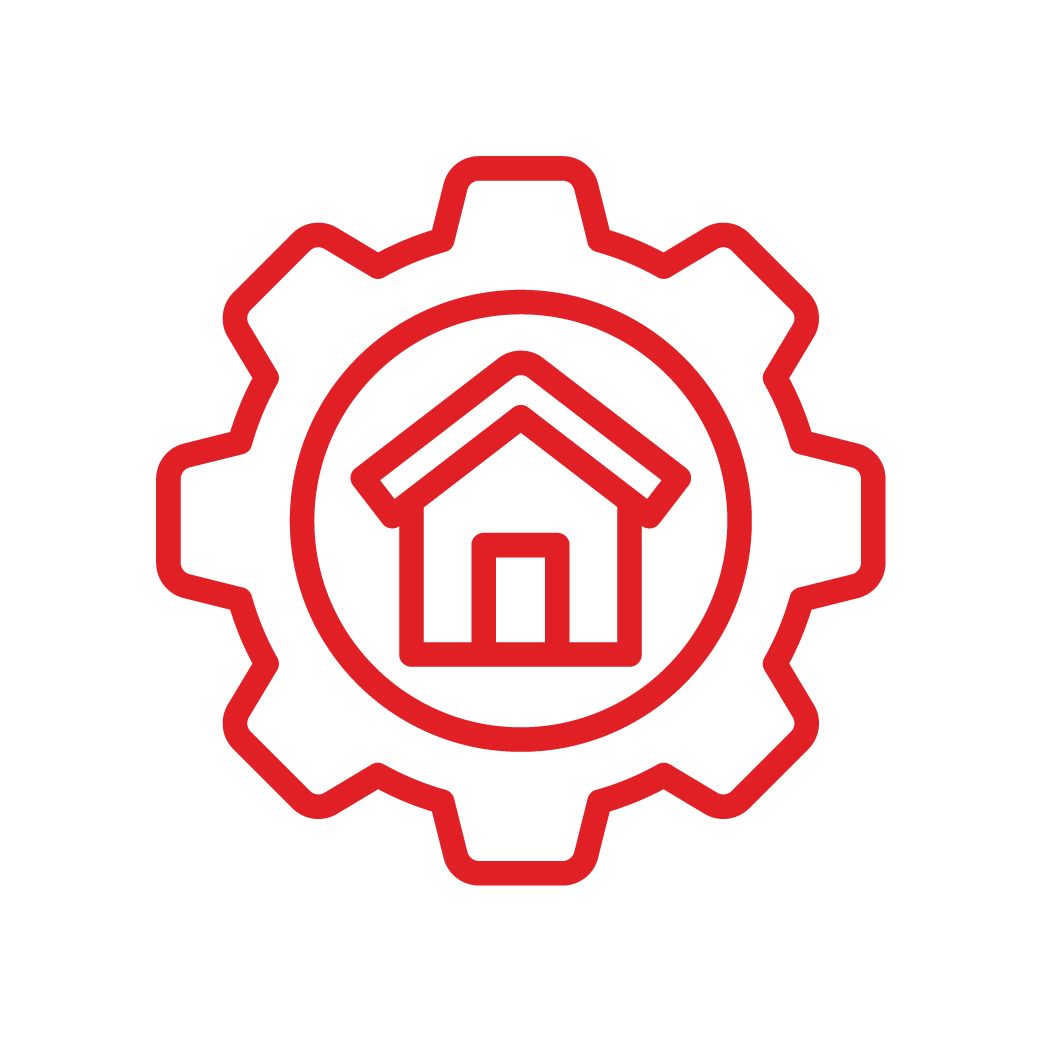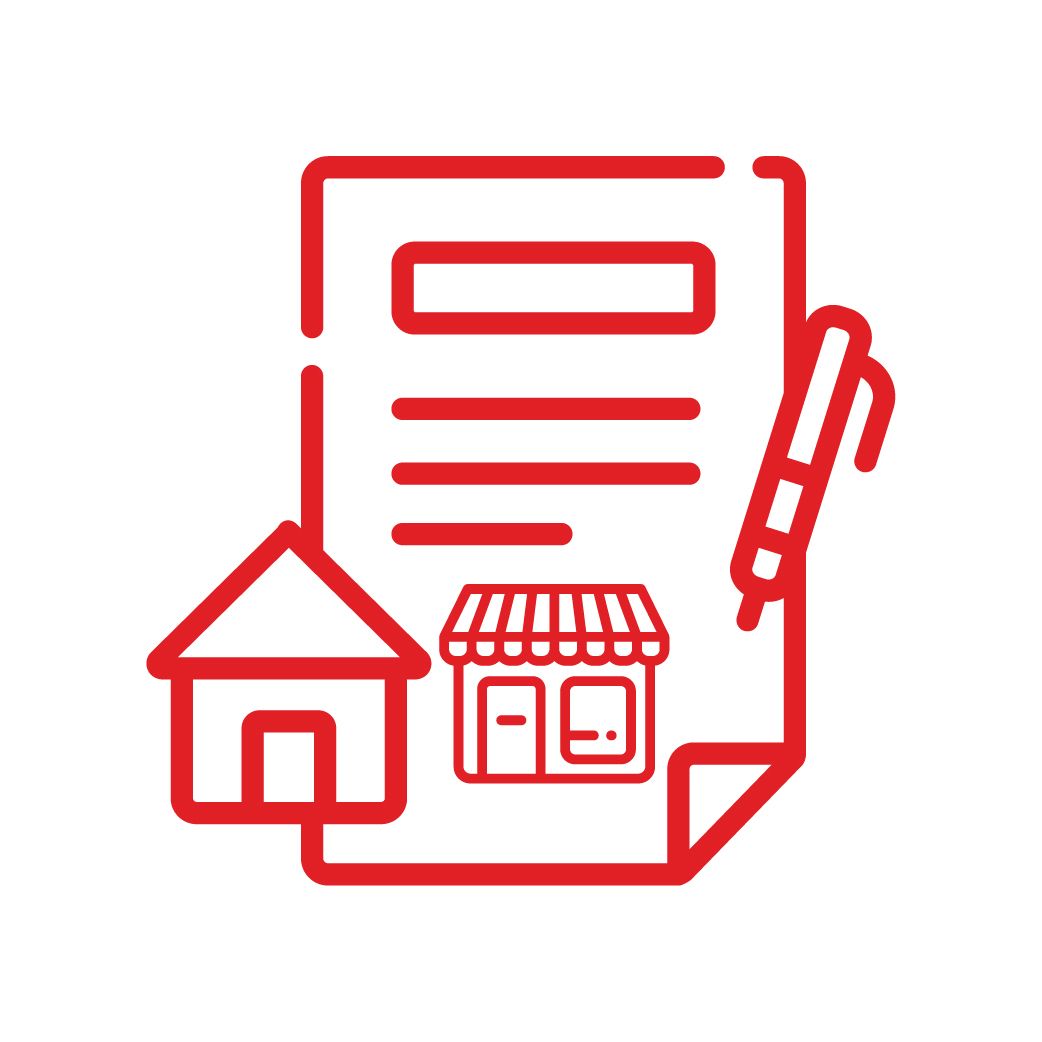How to decide whether to buy a new or a used school bus?

Investing in a school bus is no simple task. Whether you’re looking at new buses for sale or used, it’s
going to be an important investment that you’ll be maintaining for the next five to ten years. Choosing
the right bus is a challenge, with different fuel types, chassis, and loads of optional features
available. To help you make a better decision, we’ll go over the benefits of buying a new and a used
school bus and the main factors you should consider throughout your research.
| Points to consider | New Bus | Pre-owned Bus |
|---|---|---|
| Reliability | Modernized systems in new school buses are designed to last longer, be simpler to maintain, and increase safety compared to those in pre-owned vehicles. | Older buses usually have a greater risk of breaking down and are less reliable. |
| Maintenance Costs | New buses require less ongoing maintenance and are easier to maintain over time. | Used buses need more frequent and thorough maintenance to function at a satisfactory level. |
| Sustainability | New buses support the usage of alternative fuels like CNG, LPG, and EVs making them greener and more ecologically friendly than before. | Used buses are less sustainable compared to new buses. |
| Cost-Effective | A new bus is a cost-intensive investment. | Any type of old bus can be purchased for a much lower cost than a brand-new one. |
| Depreciation | New vehicle undergoes huge depreciation during the initial years of use. | Used vehicles during the time of purchase have already gone through major depreciation. |
| Options | New buses are available in different variants. | Very few options are available when buying a used bus. |
| Availability | Various problems with the supply chain and shortages of parts can cause delays in the production and delivery of new buses. | Buying a used bus is a lot easier and time-effective. |
| Ease of Expansion | A huge investment is required to grow your fleet of new buses. | It is less expensive to buy old buses, which makes it simpler to grow your fleet. |
It is important to weigh the advantages and disadvantages of new and used school buses to invest in what
suits your needs. Whether you choose to invest in new or used school buses, finding the right financial
partner is also crucial. It takes considerable thought and investigation to choose the best financial
partner for financing school buses. An appropriate financial partner can assist your school's
transportation needs successfully and efficiently for years to come in addition to providing the
required money. Click to learn more about how to find the right financial partner.
Chola School bus loans are curated to cater to the needs of all types of schools and institutions i.e.,
direct school buses and contract school buses. Chola has made school bus funding easy with its
AI-enabled “Ezee Loan”. With Ezee loan you can now apply for a loan at your comfort. Benefit yourself
with Chola’s flexible loan offerings such as up to 100% funding, up to 90 days moratorium, up to 6 years
tenure for new buses, and 5 years tenure for used buses. Why wait? Come partner with Chola right now.
Apply Now!












